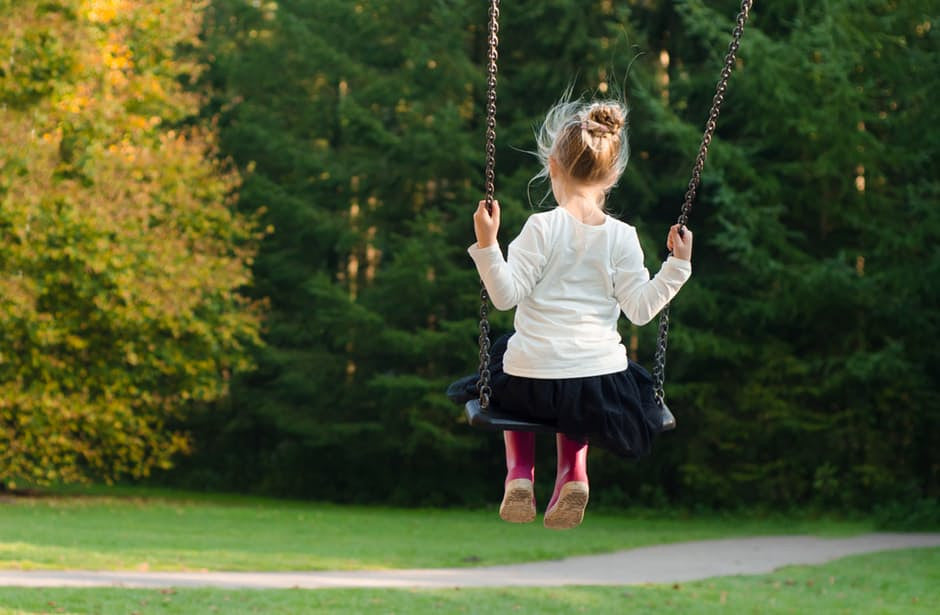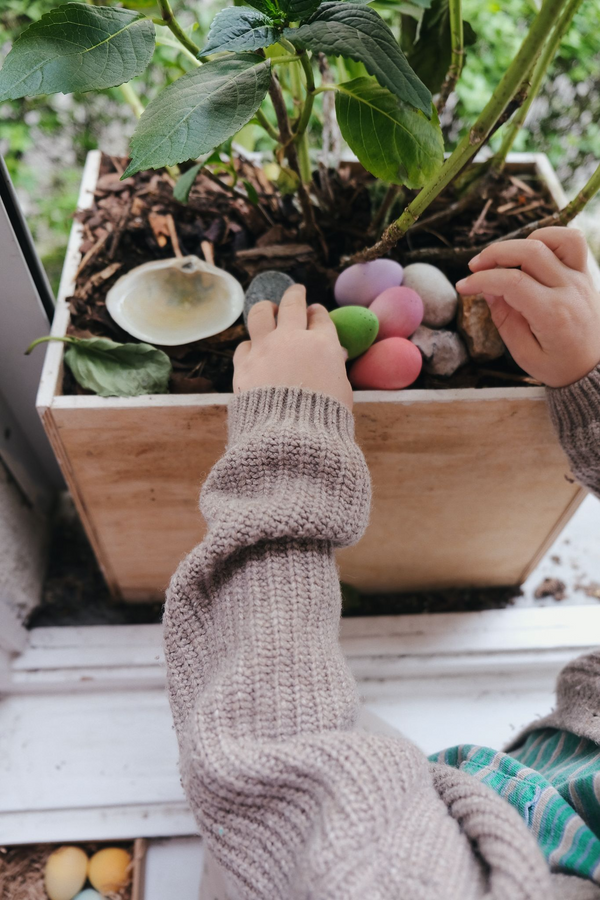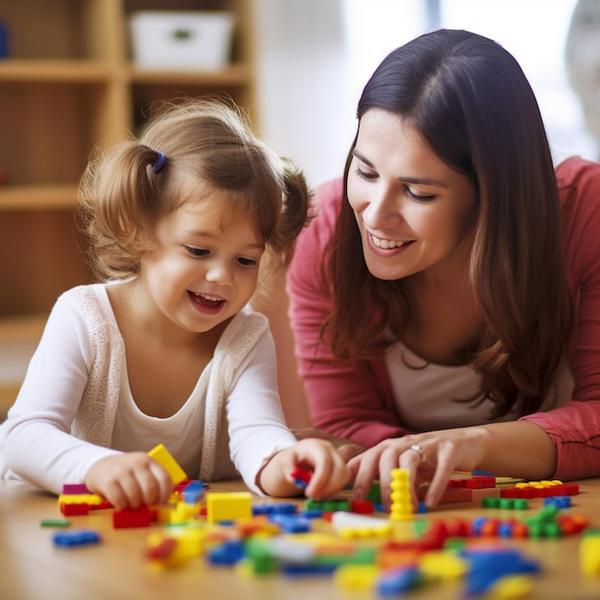
After the Christmas Toys Have Lost Their Shine
Erin Burt

A family with a bent toward mindfulness or just simply practicality, we wean off some toys pre-holiday chaos to prepare for the incoming holiday gifts. But still, somehow, inevitably by spring the kids seem bored again. Their bins are overflowing and yet their hearts are lackluster with the thrill of playing. This is prime time to rediscover the simple things of life, the art of doing nothing, having less, or just doing with what we have instead of feeding the unending desire to have more.
The opportunity to discover or rediscover anew life’s simple pleasures may seem trite but recall that the materialism of whole toy rooms in the home is a new, rich-compared-to-the-world phenomena. Instead of nabbing a new toy or two, look to other things—crafts, outside play, reading, baking, and playing with each other—to fill the time. What seems like doing without is really building something quite complex and permanent in a child. When was the last time your child just sat and watched the world go by?
It sounds cliché to let a child be bored. It’s simple: Don’t provide them with more toys. Maybe even take a few away. I think of it not so much as forcing them to be bored so much as giving them the opportunity to build creativity and longer attention spans as they learn to focus on something and bring products and ideas to life in new ways.
This type of play also accentuates connection. Children can then play with each other or you in new ways. A car doesn’t only have to go on its predetermined plastic track. Take it into the bath tub or the playground or the woods and see what it can really do. Likewise toys don’t always come from certain rows in your local box store. We’re always a fan of an old pot and spoon or other toys that bring all five senses alive.
Looking at things in terms of connection may also bring dust-covered toys to life. For example, family board game night offers the chance to talk, laugh, and build memories. Even more, dust of that Jenga and your child may grow in their social concepts of being fair, being right, and being kind. Learning to be a good sportsman and team-player will pay dividends in adulthood.
Use the opportunity to take note of what your child enjoys as well as what toys can do. Open-ended toys—like blocks with letters etched on them instead of an electronic board that just says the letters of the alphabet—offer endless play and span many years of development. Replace toys or rethink the next gift-giving season so you can plan for gifts that offer longevity or fun experiences instead of clutter in the corner. I don’t guarantee you’ll never hear “I’m bored” but rather you provide the potential for your children to always have the solution to that grievance.
Lynette is a mom of three children from 10 months to age five. She has cloth diapered all three since birth and enjoys all things eco-friendly and mindful living.
parenting, expectations, infants, toddlers, preschoolers, toys, mindfulness, minimalism, gifts, holidays







